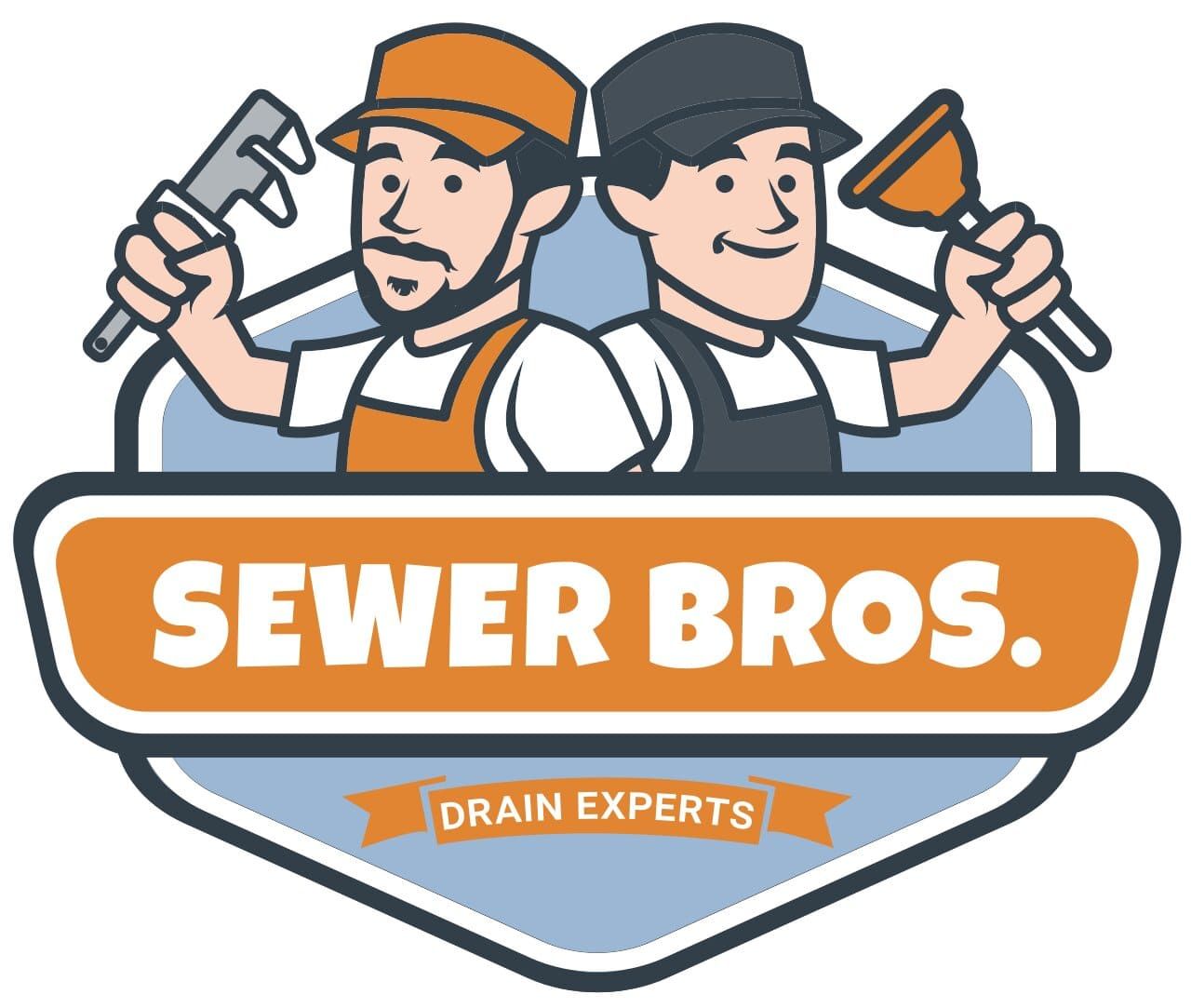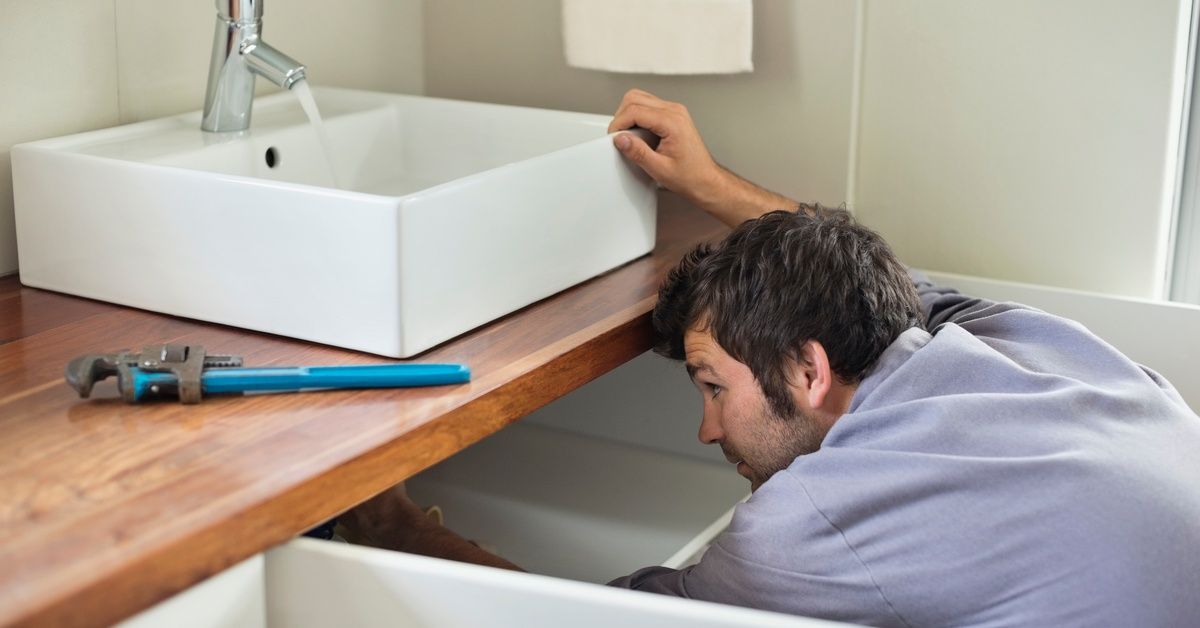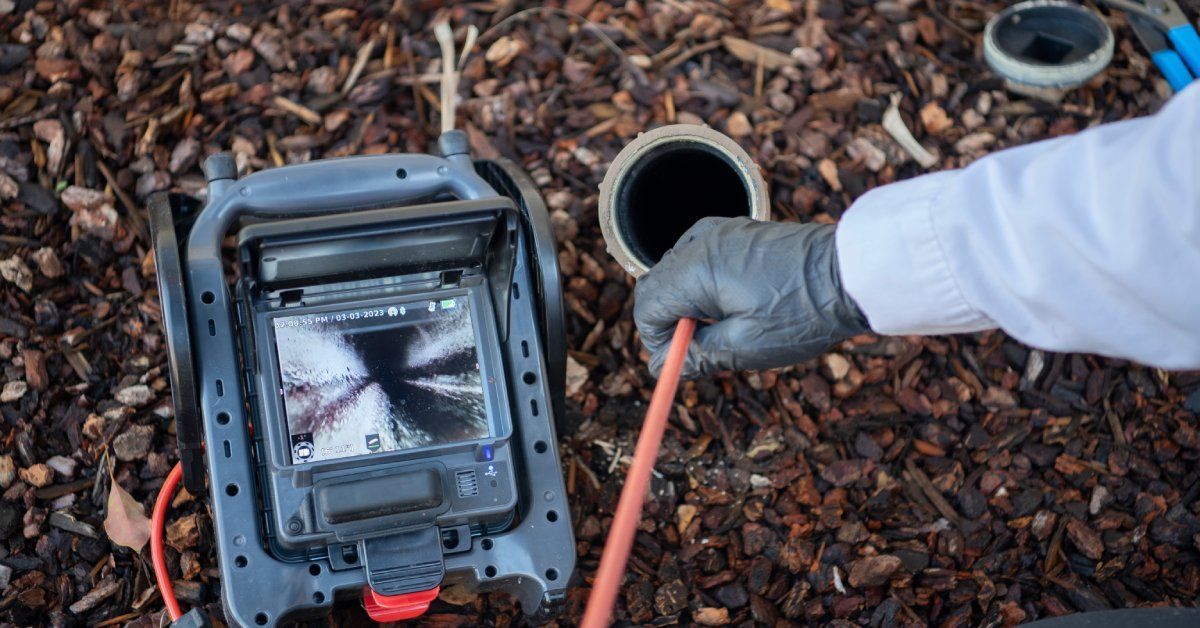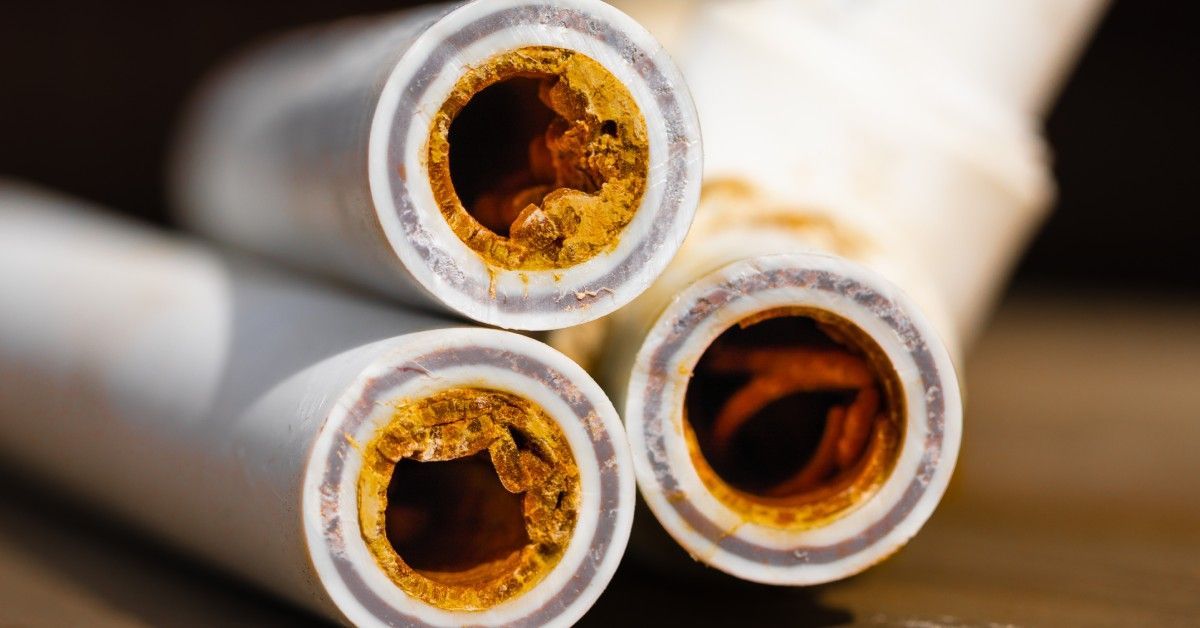Why Sewer Line Clogs Happen in Commercial Buildings
Sewer line clogs are more than just an inconvenience for commercial buildings. They can disrupt operations, cause unpleasant odors, and lead to costly repairs if business owners don’t address them properly. Property managers and commercial business owners often face these issues, but understanding the causes and prevention methods can save time and money by minimizing them in the future. This article breaks down why sewer line clogs occur in commercial buildings, explores key culprits, and provides actionable maintenance tips to keep your property’s drainage systems running smoothly.
Why Commercial Drains Can Clog Easily
Commercial buildings differ from residential spaces in both scale and usage patterns. These differences make their drainage systems more prone to clogs if owners don’t properly manage them.
More Frequent Use
Commercial buildings experience significantly heavier drain usage compared to residential properties. Whether in a busy office or a bustling restaurant, more people using sinks, toilets, and other plumbing fixtures increases the likelihood of buildup in sewer lines. Over time, this extra wear and tear can lead to blockages that quickly escalate into larger issues.
More Drains Susceptible to Clogs
From restrooms and kitchens to employee break rooms, commercial properties typically have more drains than the average residential property. Each drain is an entry point for potential clogs, which means the risk multiplies. This is especially true in buildings like restaurants or medical facilities, where specialized drainage systems handle higher volumes of waste or specific materials.
Common Causes of Sewer Line Drain Clogs
Understanding what typically causes clogs can help you take proactive steps to avoid them. Here are some of the most common reasons why sewer line clogs happen in commercial buildings.
Grease Buildup
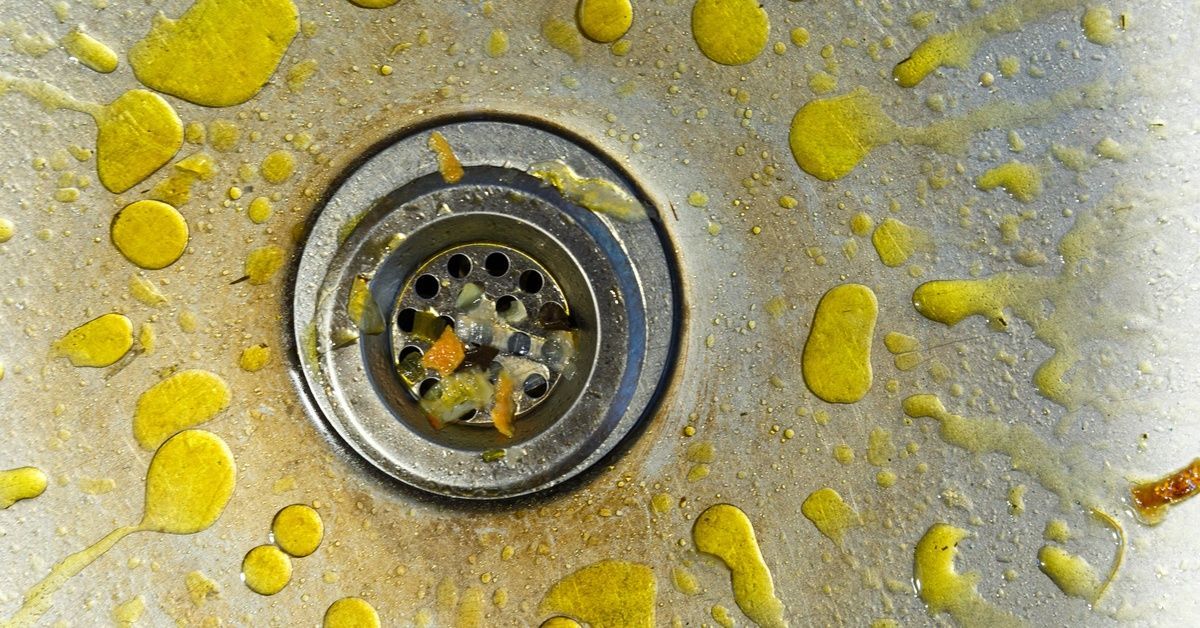
Grease is a common culprit for sewer line clogs, especially in restaurants or commercial kitchens. When individuals pour grease directly down the drain and wash it into the sewer lines, it cools and hardens, creating blockages over time. Even if grease seems to flow easily when hot, it eventually adheres to pipe walls as it cools, trapping other debris that flows down the pipes.
Root Intrusion
Tree roots are a surprising but common cause of sewer line issues, especially in older commercial buildings. Roots naturally seek out water and nutrients, which can lead them to invade sewer pipes through tiny cracks or joints. Once inside, they grow, block the line, and cause backups that disrupt operations.
Foreign Objects
It’s no surprise that items like sanitary products, wipes labeled as “flushable,” or even small objects accidentally dropped in toilets can cause blockages in any type of sewer system. Commercial spaces with high traffic often face this issue since not everyone understands and follows proper disposal habits. These foreign objects can cause immediate blockages or slowly accumulate to clog the pipes.
Soap Scum
Soap may seem harmless, but over time, soap scum builds up in drain lines and mixes with other debris like hair and grease. This is a common issue in facilities with high sink usage, such as gyms or office washrooms. The result is a gradual clog that narrows pipe flow and increases the risk of backups.
Food Particles
Food waste is another major offender, particularly in eateries or buildings with communal kitchens. Scraps washed down drains or food particles left in sinks can accumulate in pipes, especially without garbage disposals or proper strainers in place. These blockages can eventually lead to unpleasant smells and restricted water flow.
How To Prevent Commercial Drain Clogs
While clogs are common, they aren’t always inevitable. By implementing simple preventative measures, property managers and commercial business owners can significantly reduce the risk of clogs.
Train Employees
Start by educating employees on what can and can’t go down the drain to prevent commercial sewer line clogs. Teach staff to avoid pouring grease or oils down drains and ensure they understand the importance of proper disposal methods for food particles and other debris.
Educate Guests
While it may feel awkward to educate your customers or clients, small steps like clear signage in restrooms can go a long way. Simple reminders about what not to flush or wash down the sinks can help prevent costly clogs. Include helpful visuals or list specific items they shouldn’t dispose of in the sewer system.
Use Strainers and Drain Traps
Strainers and drain traps are simple but effective tools to block food scraps, hair, and other debris from entering your pipes. Installing these devices in kitchens and bathrooms can significantly reduce the likelihood of clogs. Just remember to clean and empty strainers regularly for maximum effectiveness.
Maintain Drains Regularly
Routine drain cleaning is a proactive way to avoid buildup. Schedule commercial drain cleanings and flushing to reduce grease and soap scum accumulation. Use commercial-grade drain cleaners and manual cleaning tools sparingly to prevent chemical or physical damage to pipes.
Schedule Professional Inspections
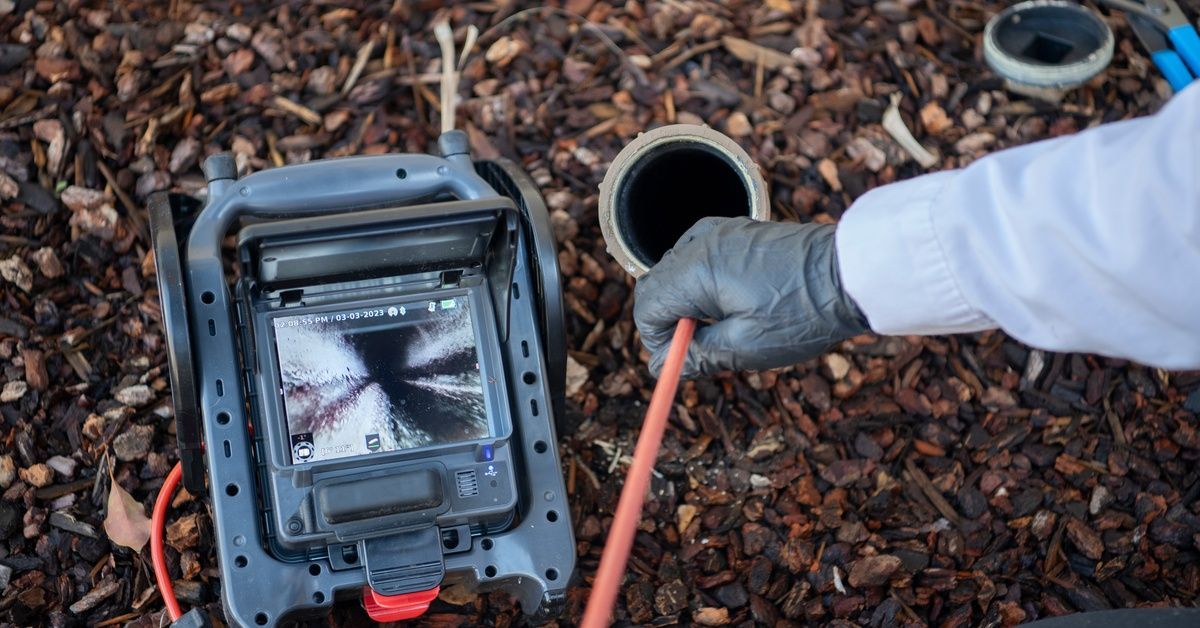
Even with preventative measures in place, sewer lines in commercial buildings benefit from periodic inspections by professional plumbers. These inspections can identify early warning signs of clogs or other damage before they result in costly repairs. Schedule inspections at least once or twice a year, depending on your building’s usage.
How To Keep Up With Professional Drain Maintenance
Sewer line upkeep in commercial buildings requires more than DIY solutions. A trusted drainage service provider, such as The Sewer Bros, can offer expertise to ensure all pipes run smoothly. Our team of skilled professionals provides a range of services, from routine inspections to emergency clog removal.
The Sewer Bros specializes in commercial sewer line services in Salem, MA, offering tailored maintenance plans to fit your building’s needs. We use advanced tools like high-pressure water jets and video inspections to clear blockages and assess your sewer system’s condition. With our proactive approach, you can prevent potential drainage disasters and extend the lifespan of your sewer lines.
Schedule a consultation with The Sewer Bros today to take control of your commercial building’s plumbing health. Our experienced team will ensure your drains remain clog-free, letting you focus on running your business without unwanted interruptions.
Ensure Your Sewer Lines Stay Clog-Free
Commercial sewer line clogs are inconvenient and costly if you don't address them properly. By understanding the primary causes of clogs and adopting preventative measures like employee training, regular maintenance, and professional inspections, you can safeguard your commercial property’s drainage system.
Partnering with a trusted sewer service like The Sewer Bros ensures your sewer lines remain in excellent condition, saving you time, money, and unnecessary stress. Take the first step toward hassle-free drainage systems by reaching out to our team today.
